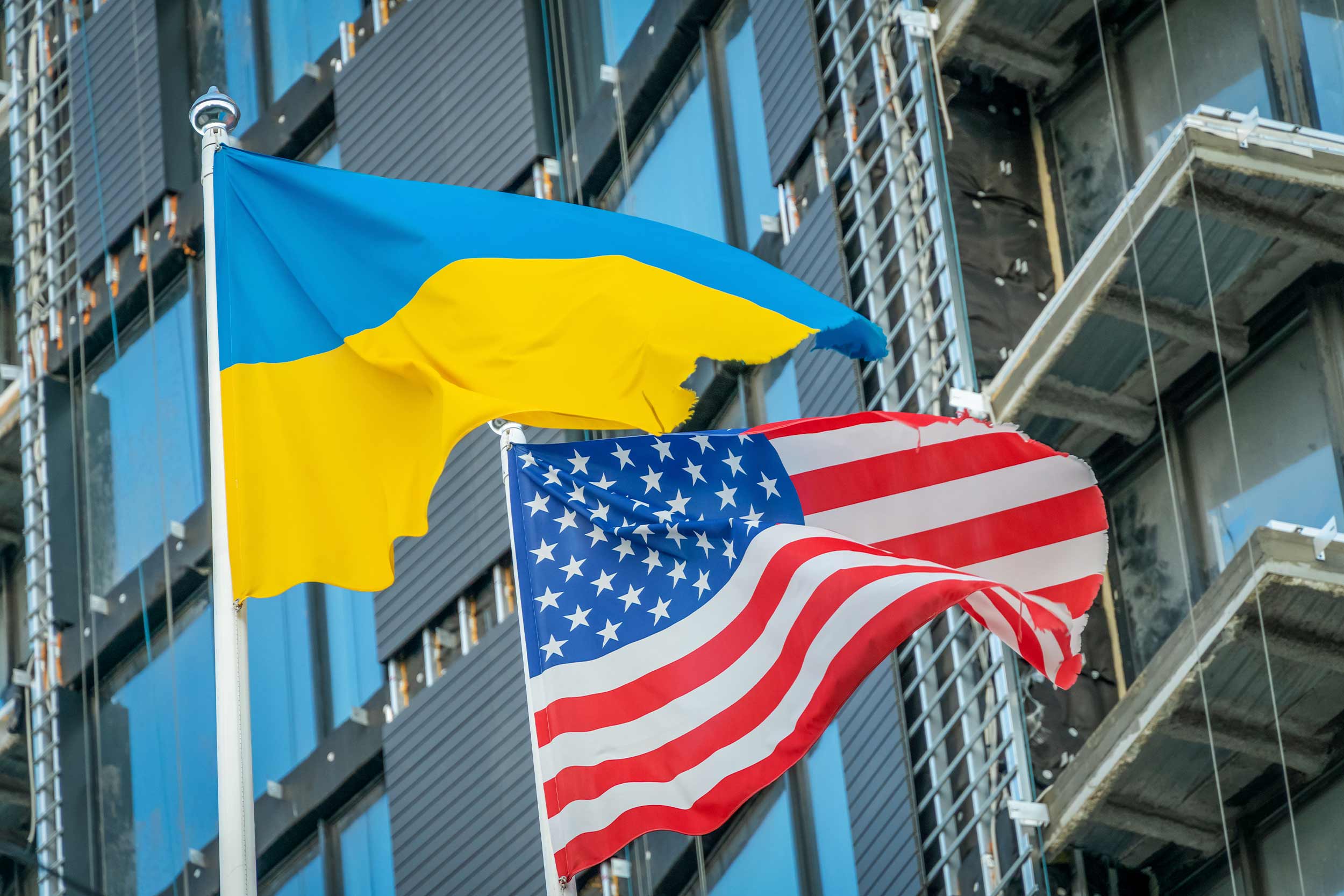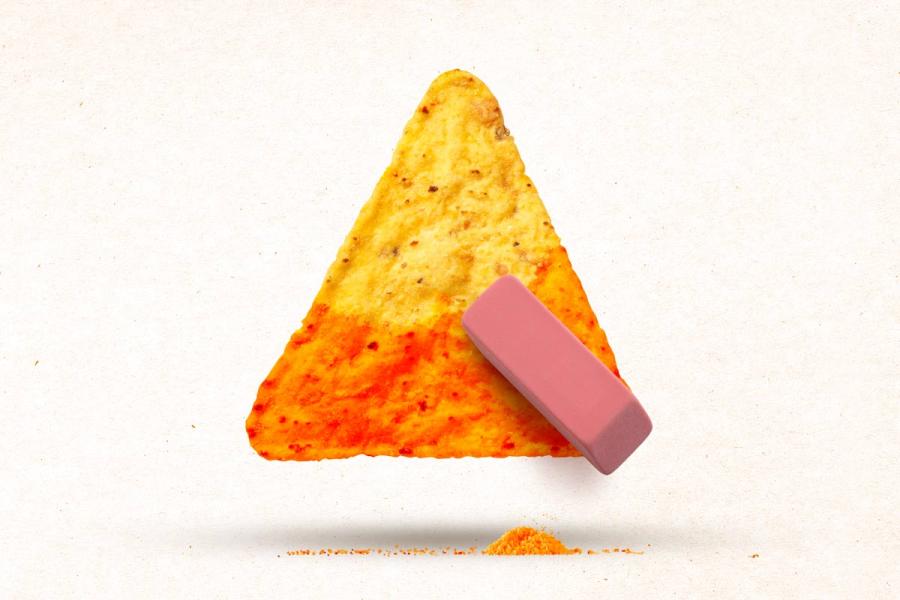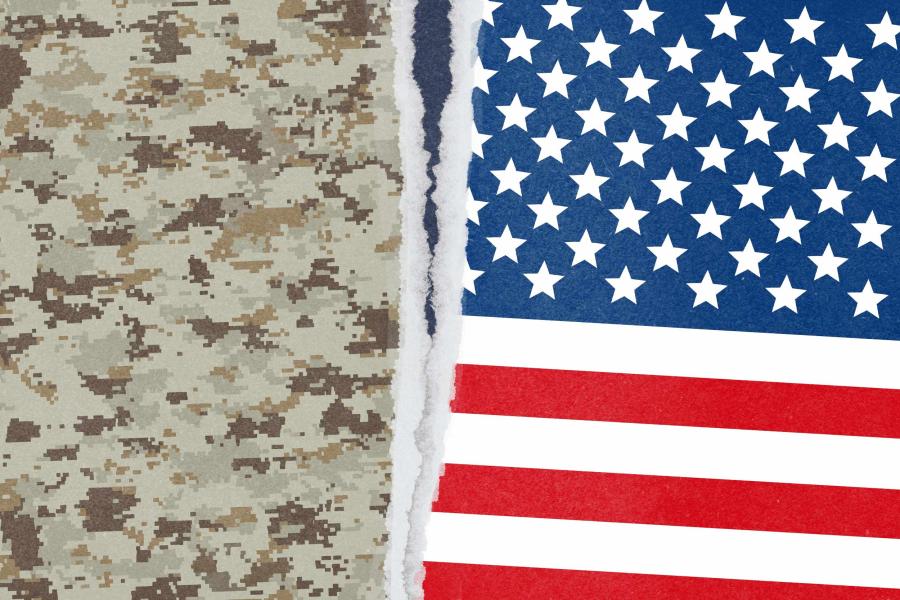The Russians have been less clear, but it is probably something along the lines of getting rid of the existing Ukrainian government and installing something sympathetic to their interests, while simultaneously completing the annexation of the places they have taken. Neither side is going to get everything it wants.
If the Ukrainians come out of this with most of their territory intact, after two years fighting with the Russians, that’s pretty good. It’s not a happy story. But it’s something we wouldn’t have predicted at the outset when we thought Russia’s military was perhaps the second-strongest in the world.
For the Russians, if they are able to say that they have achieved significant territorial advances, that might be good enough. And so that’s why folks are starting to wonder whether there’s an emerging equilibrium here that both sides can work with.
Foresman: For political leaders in the current global military environment, victory is how closely can you get back to the status quo. Ukraine sees status quo as pre-Crimea invasion. If you look at the pre-invasion of two years ago, what’s the closest they can get back to status quo? And then Ukranian President Volodymyr Zelensky can claim political victory; he can claim military victory.
Russian President Vladimir Putin can still claim a portion of his military victory, because he has weakened Ukraine and can make the argument to his population that militarily, Ukraine is not a threat to the Russian populace. That was his basis for going in there in the first place.
Q. How much longer is there going to be support in Congress for Ukraine?
Potter: It depends on all kinds of things, most significantly on the outcome of elections.
Elections matter. Different constellations of Congress and the presidency are going to be more or less amenable to further support to Ukraine, but given how knife’s-edge we have been politically, my forecast would be that this might be the last time we send major amounts of money and equipment. I hope I’m wrong.
It could go in a lot of different directions, but we have revealed, unfortunately, that our internal politics are such that we are not necessarily reliable. The Ukrainians are so incredibly dependent on external support that even short interruptions in support can change the conflict, so much so that it led us to have to change our policy on targeting within a modest strip of Russian territory. It’s a very difficult situation when you’re a small country that’s very much pushed against the wall—political unreliability very quickly translates into military disadvantage.






